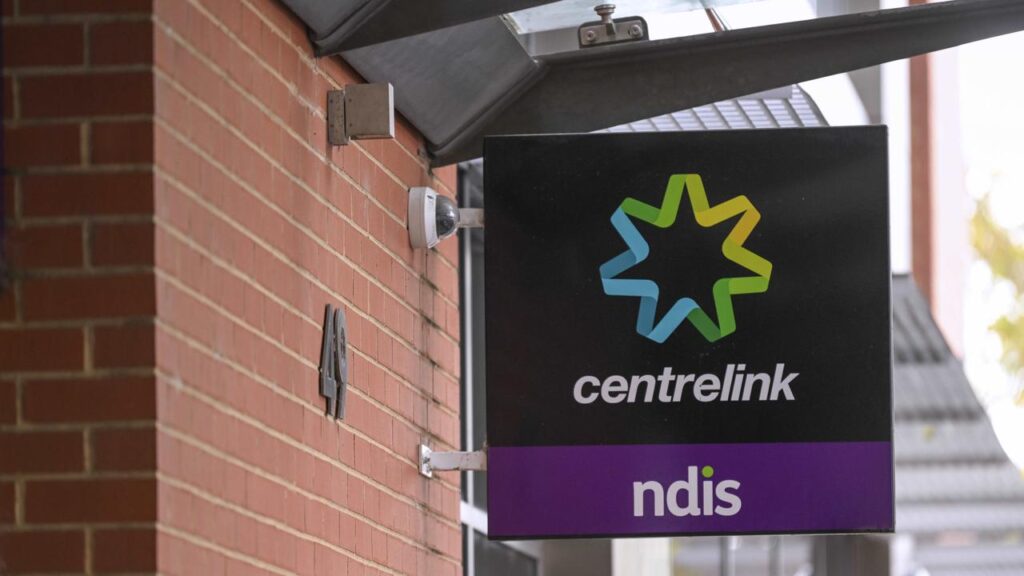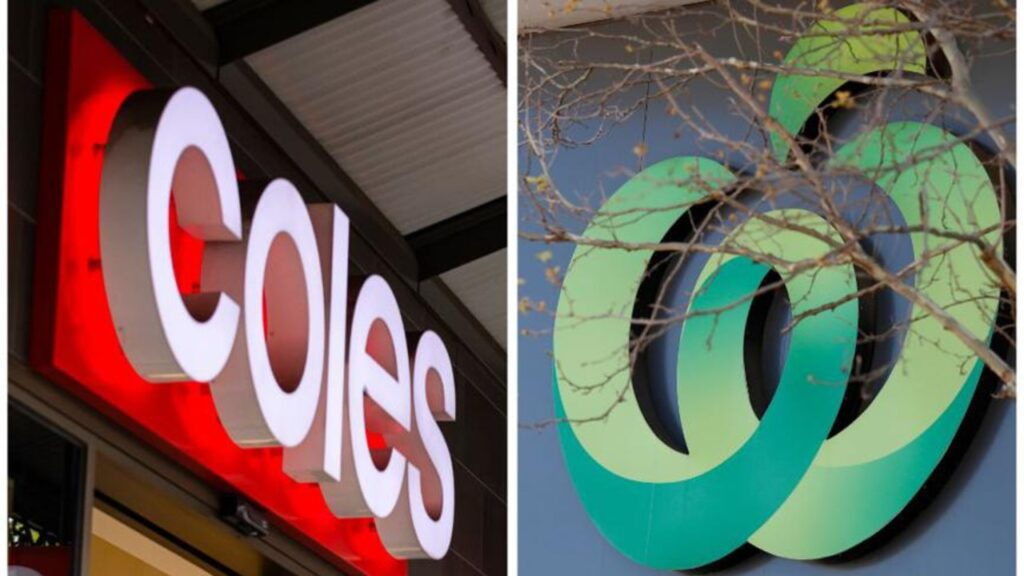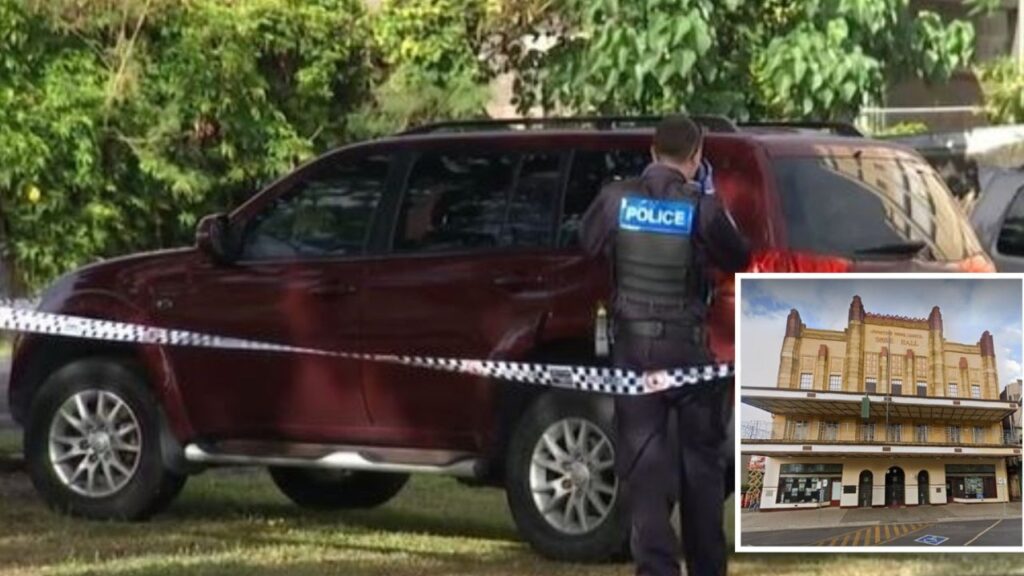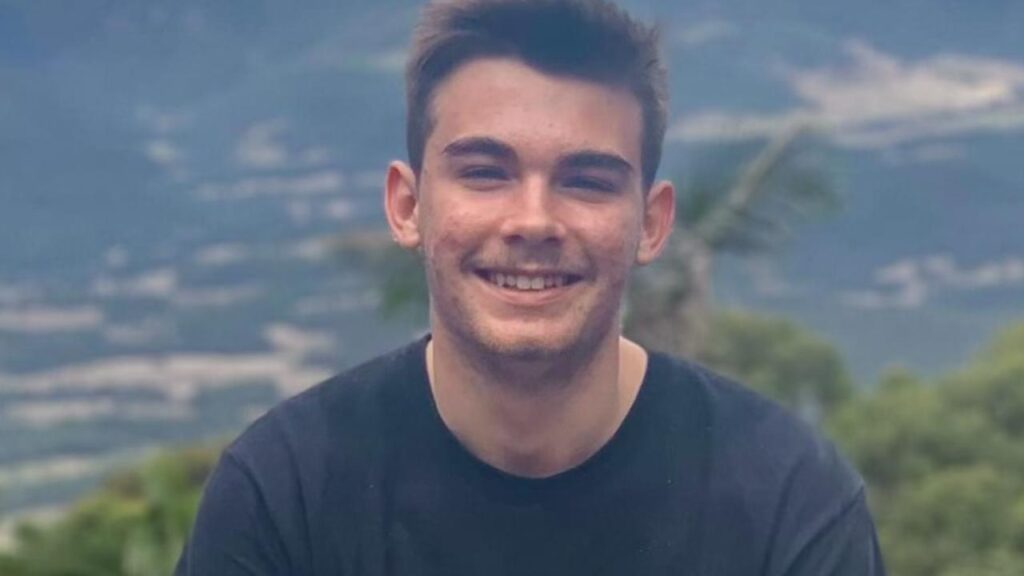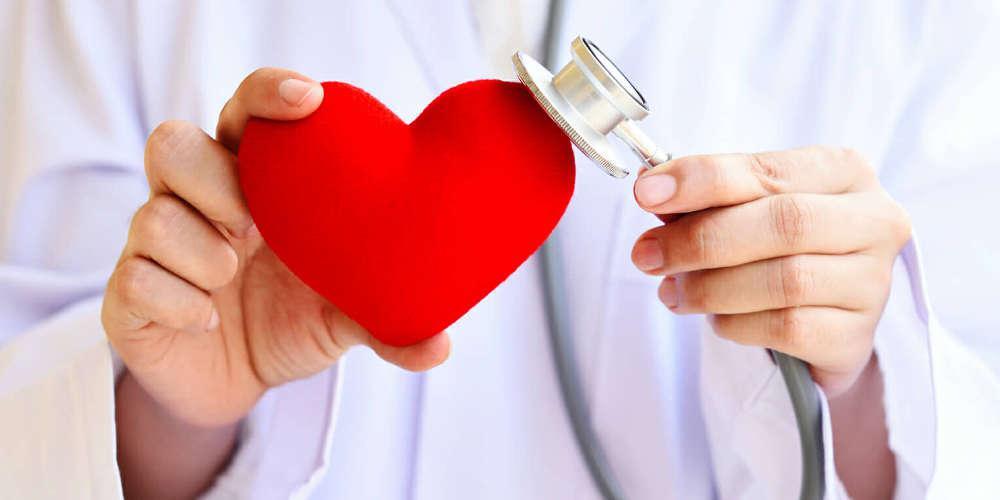Worst state at using yellow bins revealed
Written by admin on May 15, 2024
Australians are struggling to remember what bin to put their rubbish in, with a huge portion of waste ending up in the wrong place.
NSW and Queensland are the worst offenders when it comes to putting their recycling in the wrong household waste bin, according to new research from Veolia.
Coffee cups, vapes and biodegradable plastic bags are the most common items that Australians throw in the wrong bin.
More than three quarters of those surveyed said they know how to dispose of compostable coffee cups or empty vapes or cigarettes.
Alarmingly, just 20 per cent of people admitted to knowing where to dispose of a dead pet or animal carcass, with most of them ending up in green waste bins.
“The most shocking result is how we dispose of dead animals, with 38 per cent of people putting them in the wrong bin and even more, 42 per cent, not knowing what to do at all,” Veolia ANZ chief executive Dr Richard Kirkman said.
“Some people might have thought we were being darkly humorous when we added dead animals as waste items, but it’s not as uncommon as you think. We’ve had a dead cow cut in half, a donkey’s head and dead pets turn up in green bins. These all pose contamination risks.”
Australians get it right nearly every time when it comes to correctly disposing of plastic drink bottles (92 per cent), paper (87 per cent) and garden waste (82 per cent).
The vast majority also know where to dispose of old clothing ― special drop-off points or the general waste bin ― but as so many charities report, it is distinguishing between what can be resold and what has reached the end of its life that remains troublesome.
About 10,000 tonnes of unusable clothes are being sent by charities to landfill each year.
There were some surprising and concerning results about common items that are being disposed of in the wrong bin.
The biggest concern for the waste industry was vapes and batteries that are going into rubbish bins and creating fires in trucks and waste facilities.
One in four people said they had either littered vapes themselves or seen vapes dropped as litter and one in five had seen old vapes placed in street and kerbside bins by others or done it themselves.
A solution suggested by Veolia was to make the disposal of vapes more convenient for example a kerbside service or supermarket drop of point.
Almost three out of four people in the mainland states think compostable single-use coffee cups can be recycled and more than half think bamboo and wood cutlery and biodegradable plastic bags are recyclable.
However, all three should go in the general waste bin and then to landfill.
“Despite the name, compostable coffee cups generally can only break down under very specific controlled conditions, which means they cannot be recycled at scale,” Dr Kirkman said.
The same is true with biodegradable bags. Bamboo and wood cutlery require specialised services to be recycled and even then whether or not they can be recycled depends on how they are made.”

